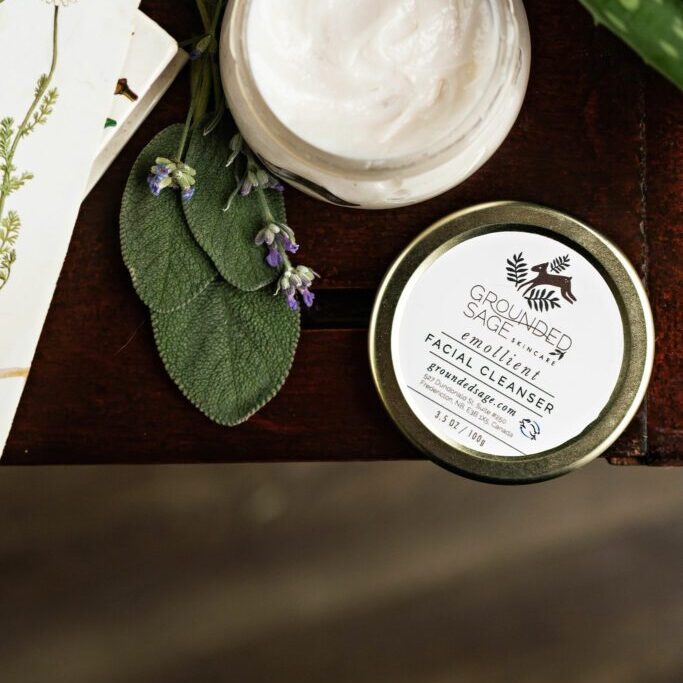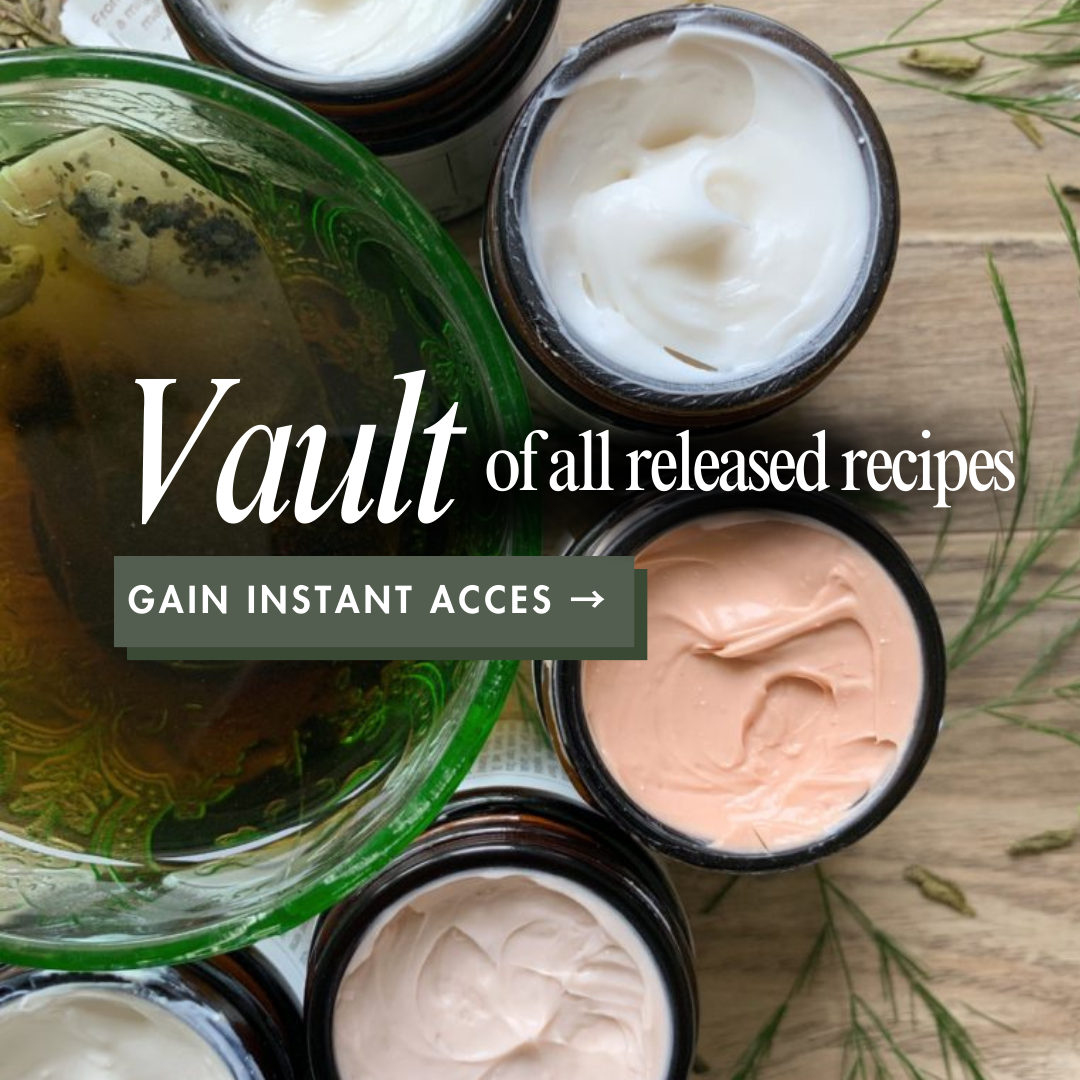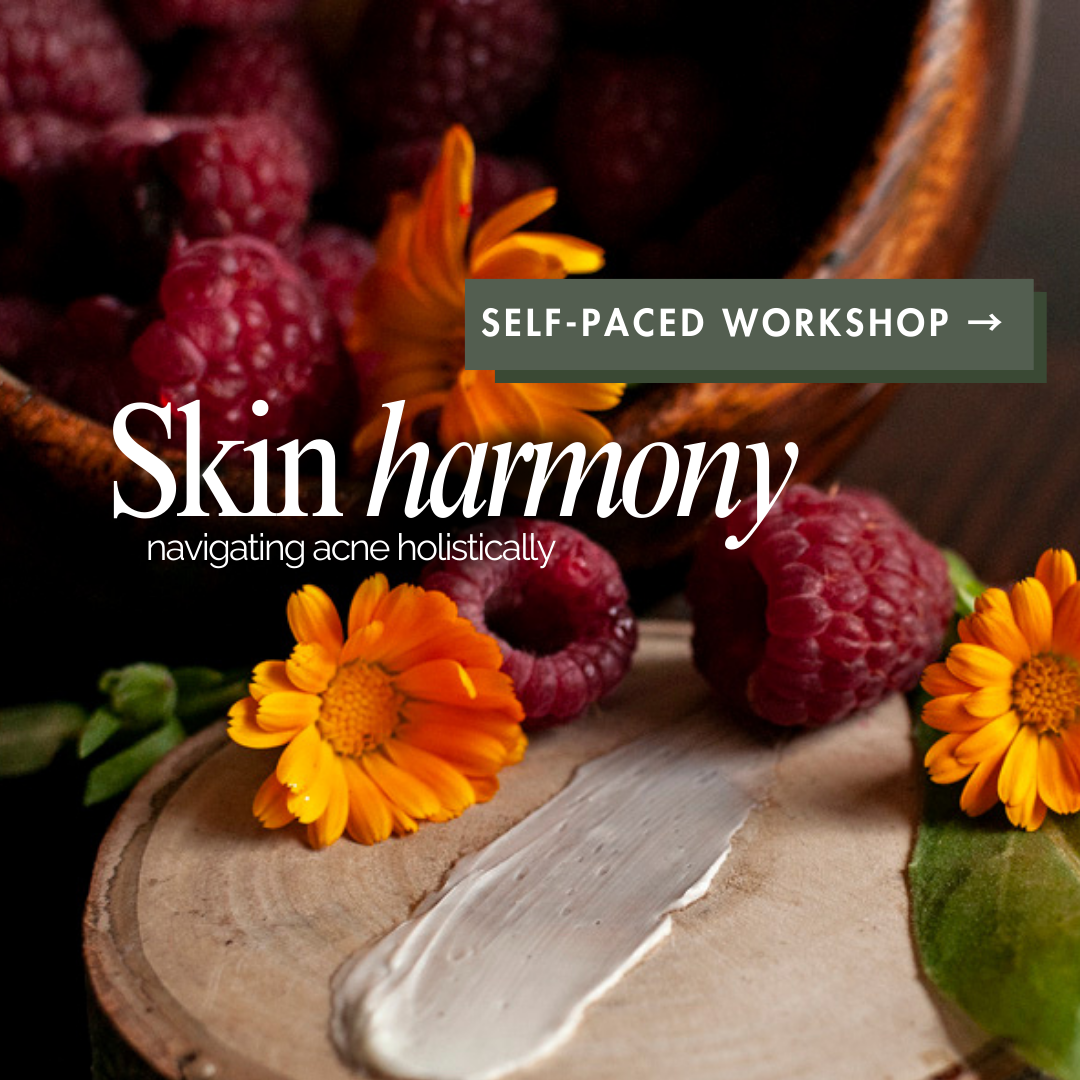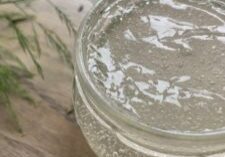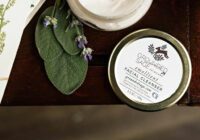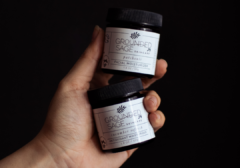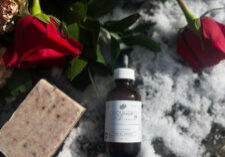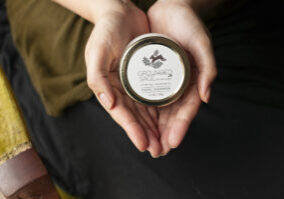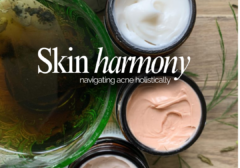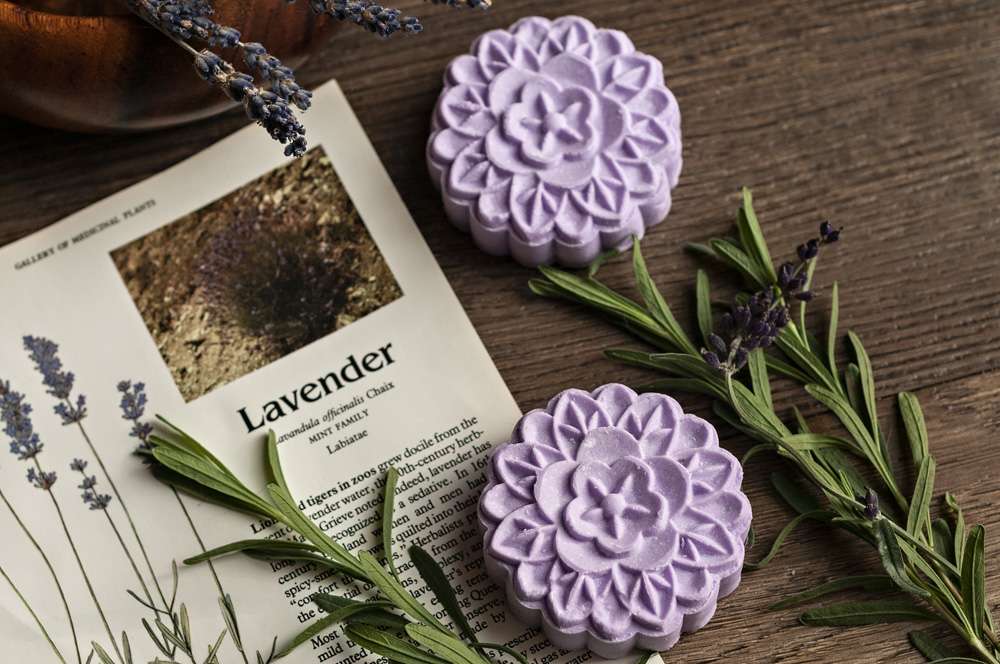Are Seed Oils Really That Bad?
Should You Be Worried?
Lately, there’s been a lot of buzz — and confusion — around seed oils. Some voices in the wellness space have raised alarm bells, suggesting seed oils are harmful, inflammatory, or something to be avoided at all costs. And while we totally understand wanting to be intentional about what you put on (and in) your body, we also believe in making those choices based on fact, not fear.
So let’s clear the air — gently, honestly, and factually.
What Are Seed Oils, Really?
Seed oils are simply oils extracted from the seeds of plants — think sunflower, safflower, grapeseed, rosehip, hemp, and more. These oils have been used for centuries in natural healing, skincare, and wellness practices because they are rich in essential fatty acids, vitamins, and antioxidants — all of which your skin loves.
What Does the Science Actually Say?
Here’s the truth:
There is no credible evidence suggesting that seed oils used in skincare are dangerous or harmful to human health.
Most of the fear surrounding seed oils comes from dietary concerns, often involving highly processed, industrial cooking oils that are repeatedly heated and oxidized — not cold-pressed, unrefined plant oils used topically in skincare.
In fact, when applied topically, seed oils are widely studied and praised for their ability to:
- Strengthen the skin barrier
- Soothe inflammation
- Lock in hydration
- Deliver essential nutrients like omega-3 and omega-6 fatty acids
- Support wound healing and skin regeneration
You’ll even find them in clinical dermatology products and recommended by professionals for dry, sensitive, or compromised skin.
☀️ But What About Oxidation?
It’s true that some seed oils can oxidize faster than others, especially if they’re poor quality, improperly stored, or over-processed. That’s why at Grounded Sage, we only use high-quality, unrefined, cold-pressed seed oils and pair them with antioxidants like Vitamin E + tinted glass jars to stabilize and protect their integrity.
We also formulate in small batches to ensure freshness — no sitting on shelves for years, no rancid oils, no fillers.
Seed Oils Are Skin-Compatible — That Matters
Many seed oils are biocompatible with the skin’s natural structure, meaning your skin recognizes them and can absorb their benefits easily — without clogging pores or causing imbalance. This is especially true for oils like:
- Sunflower seed oil (barrier-supporting, non-comedogenic)
- Rosehip oil (rich in vitamin A & C, regenerative)
- Hemp seed oil (high in linoleic acid, great for oily/acne-prone skin)
- Grapeseed oil (lightweight, antioxidant-rich)
We choose these oils not because they’re trendy — but because they work in harmony with your skin.

